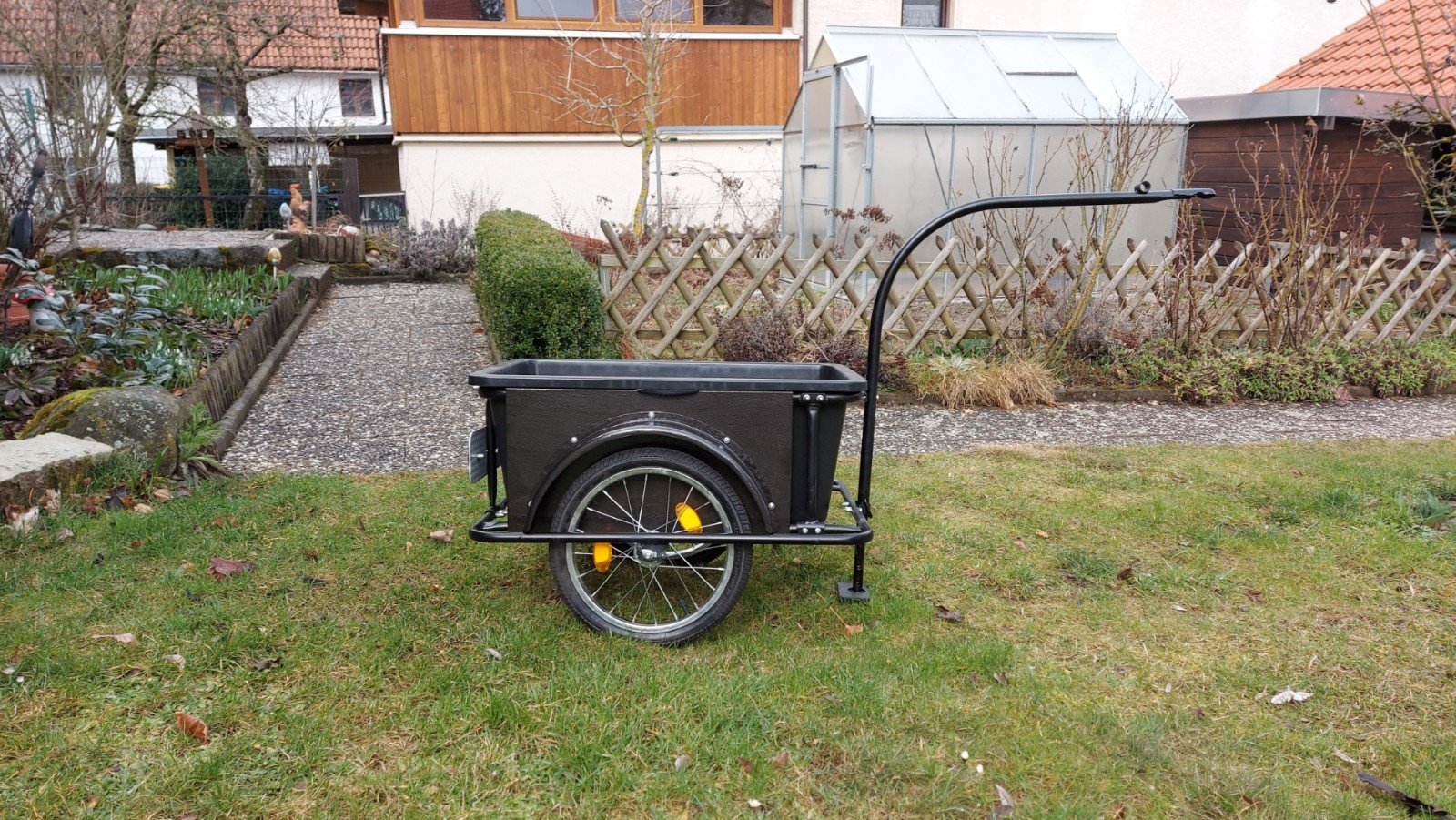

Over the years, we have churned through a smorgasbord of bike cargo trailers to figure out which ones are worth their metal and which ones should get a one-way ticket to the scrap yard. Our expertise and experience in bike touring, commuting, and living off a bike have given us the insights necessary to accurately examine each trailer's abilities. Read on for tips on how to hone in on the perfect trailer for you.
Types of Cargo Bike Trailers
There are two main types of bike cargo trailers available on the market, one wheel and two-wheel. In general, two-wheel trailers can handle more sheer weight, while single-wheel designs are more efficient but can't handle extreme loads.
Two Wheel Trailers
Two wheels offer a significant boost in stability, durability, and overall hauling capacity. Generally, single-wheel trailers top out at about 70 pounds, whereas some two-wheel models can handle more than 100 pounds.
Typically, hitching and unhitching two-wheel trailers is also much easier than single-wheeled as it only requires you to lift the tong up and down with the trailer doing the work of balancing itself upright.
On the downside, the width of a two-wheeled option also creates more drag on both you and the trailer. They also take up more space on and off of the trails and are less stable when making sharp turns and going on and off the pavement. Overall, the two-wheeled trailers we tested tended to be better for around-town commuting and hauling larger loads than were their single wheel counterparts.
Ready to Buy?
If you're ready to take the plunge, here's a step-by-step breakdown of the decision-making process. Think about how you're going to use the trailer, whether you'll need suspension, and how much you're willing to spend.
First: What Will Be Your Primary Use?
Think about your primary purpose for getting a bike trailer. Are you going to be doing longer overnight bike touring, or are you simply looking for a way to transport items around town? Do you want a trailer specifically for shopping? Does having the option to go off-road matter, or are you going to be staying on paved streets?
To suspend or not to suspend? That is the question. Our main tester was suspended a lot during high school, and we wouldn't recommend that type of suspension. For cargo trailers, suspension can go a long way to making your bike tour more pleasant and keeping your items unspoiled. Probably the biggest benefit is when traversing washboard gravel roads where suspension helps to smooth out the bumps and, in turn, tug and pull less on your bike. Much like wind resistance, this doesn't matter much over short distances, but over hundreds of miles, it can make or break your trip.
Third: Price
Most of the cargo bike trailers on the market today are well over a couple of hundred dollars. In our opinion, quality and durability are always worth the price. You also usually pay extra for certain features. For instance, the Burley Coho XC seems incredibly expensive. However, it has excellent build quality and offers everything you could want in a bike cargo trailer. It also has some options, such as a fat tire add-on and even extra panniers to expand the cargo space. So, if you're committed to really using your trailer and want to have options for various kinds of outings, the higher price is a solid investment.
We hope this short guide helps you narrow down the choices as you decide on your new bike cargo trailer. Opening up options as to what you can carry with your bike is hugely liberating, and you're doing a wonderful thing for the environment too!